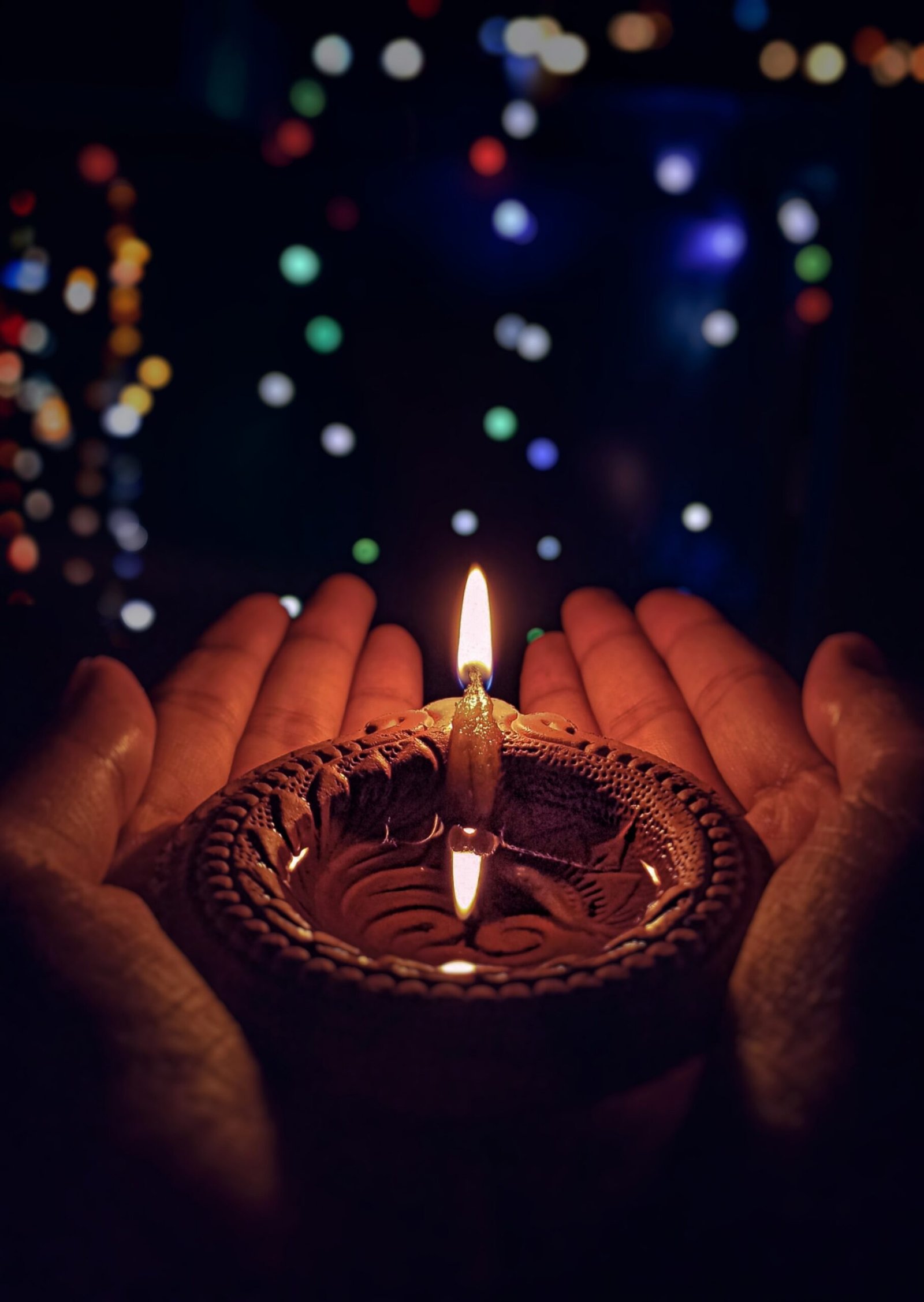Diwali, also known as Deepavali, is one of the most widely celebrated festivals in India and holds great significance in Hindu culture. It is a festival of lights that signifies the victory of light over darkness and good over evil. While there is no specific reason as to why Diwali is celebrated, there are several legends and beliefs associated with this auspicious occasion.
One popular legend behind Diwali is the return of Lord Rama, along with his wife Sita and brother Lakshmana, to their kingdom Ayodhya after 14 years of exile. The people of Ayodhya welcomed them by lighting diyas (oil lamps) to illuminate their path and celebrate their homecoming. This tradition of lighting diyas has continued ever since and is a prominent feature of Diwali celebrations.
Another legend associated with Diwali is the story of Lord Krishna defeating the demon Narakasura. It is believed that Lord Krishna’s victory over evil brought joy and prosperity to the people, and Diwali is celebrated to commemorate this triumph.
In addition to these legends, Diwali is also associated with the goddess Lakshmi, who is the symbol of wealth and prosperity. People clean their homes and decorate them with colorful rangoli patterns to welcome the goddess and seek her blessings for a prosperous year ahead.
During Diwali, families come together to exchange gifts, share delicious sweets, and burst firecrackers. It is a time of joy, unity, and spreading happiness. The festival also holds religious significance for Jains and Sikhs, who celebrate it for different reasons.
Overall, Diwali is a festival that brings people together, spreads positivity, and symbolizes the triumph of good over evil. It is a time to celebrate, reflect, and express gratitude for the blessings in life.












